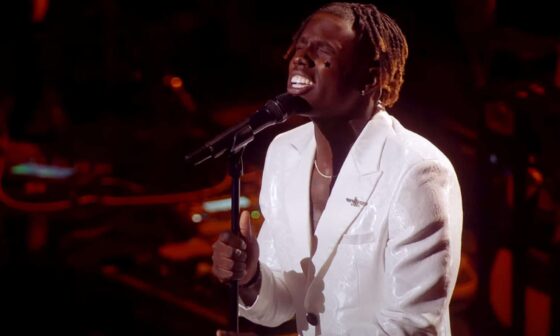In 1974, during her final world tour, Maria Callas stepped onto the Tokyo stage and gave a performance that would live on in memory and legend. Singing “Voi lo sapete o mamma” from Mascagni’s Cavalleria Rusticana, she poured every ounce of her being into the aria. It wasn’t just a display of vocal mastery—it was heartbreak, fire, and beauty colliding in sound.
Though her career was nearing its twilight, Callas remained a force unlike any other. Her voice, touched by years of triumph and struggle, carried with it a depth that transcended technical perfection. Each phrase she sang felt like a confession, as though she wasn’t merely interpreting Santuzza’s anguish but reliving her own. For the audience that night, time seemed to stand still.
Callas’ ability to inhabit a character had always set her apart, and in Tokyo, that gift was on full display. Her resonant chest voice gave weight to Santuzza’s torment, while her phrasing exposed cracks of vulnerability that made the aria devastatingly human. Listeners were not just hearing music—they were being drawn into the very soul of the performance.
Critics and fans alike later remarked on the emotional truth Callas brought to the stage. One viewer noted, “She somehow decided to keep on going horizontal on the higher notes, which was not ideal. Still, she regained some of her voice, and here she is absolutely thrilling.” It was a reminder that even with vocal imperfections, her artistry was untouchable—proof that opera is not about flawless sound, but lived experience.
The reaction from the audience was immediate and overwhelming. Silence fell as she sang, the kind of silence that only comes when a crowd is collectively holding its breath. When the final note faded, the eruption of applause was not simply appreciation—it was reverence. Fans knew they had witnessed not just a performance, but history carved in sound.
The 1974 Tokyo concert endures as a testament to Callas’ lasting impact on the world of opera. Even in her later years, when her voice bore the weight of time, her presence and artistry remained magnetic. For admirers, it was a chance to see why she continues to be celebrated as one of opera’s greatest legends.
Maria Callas’ final tour was not just the end of a career—it was the closing act of a life devoted to art. And in Tokyo, as she gave her soul to “Voi lo sapete o mamma,” she reminded the world that true greatness is not in perfection, but in passion.






